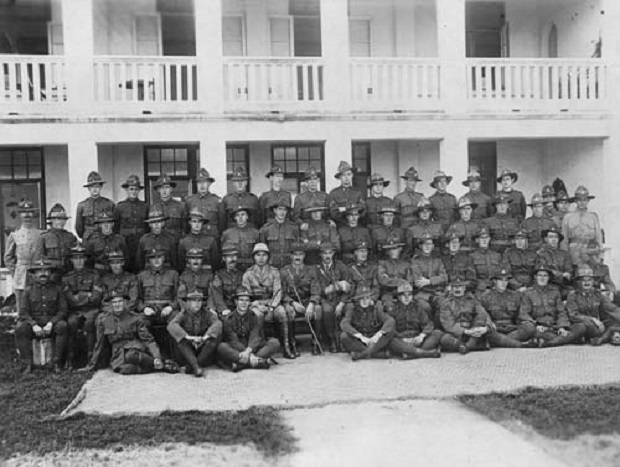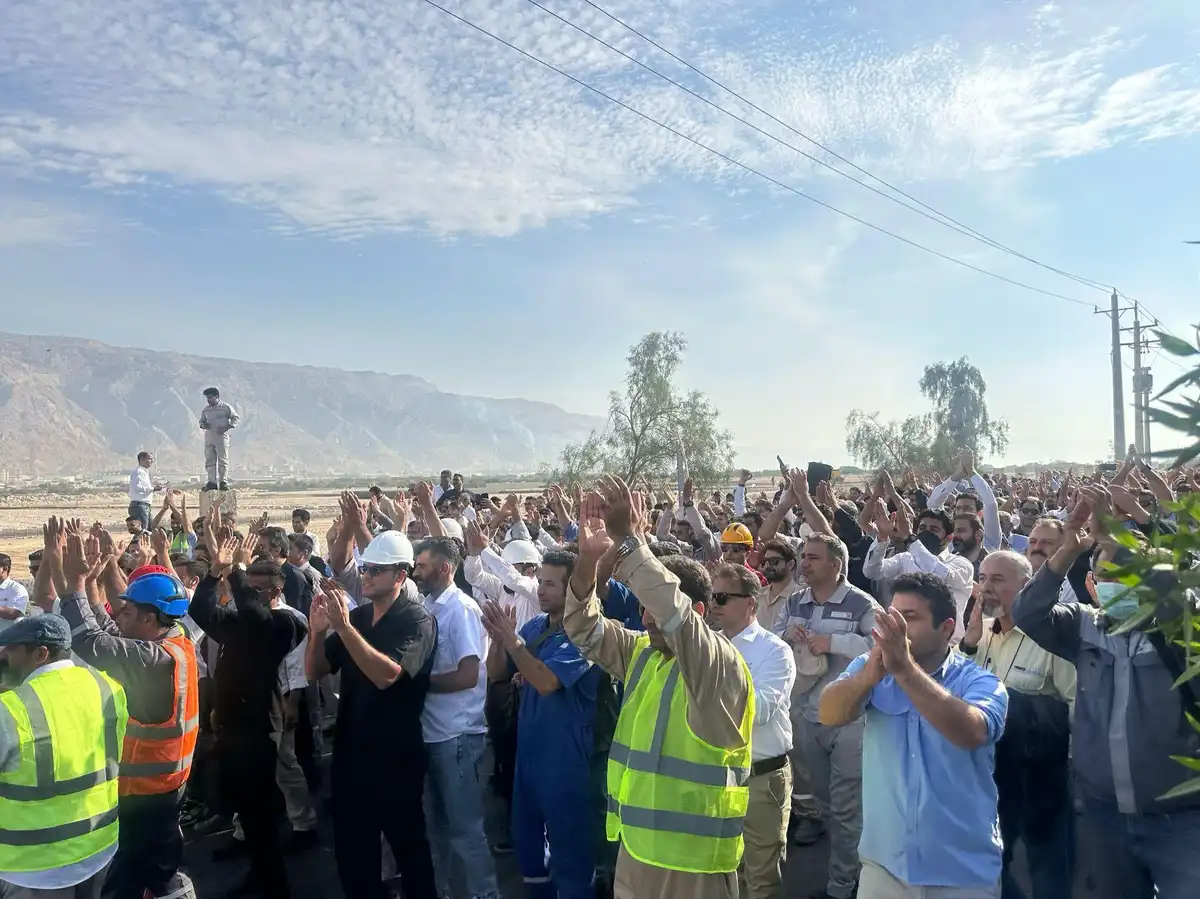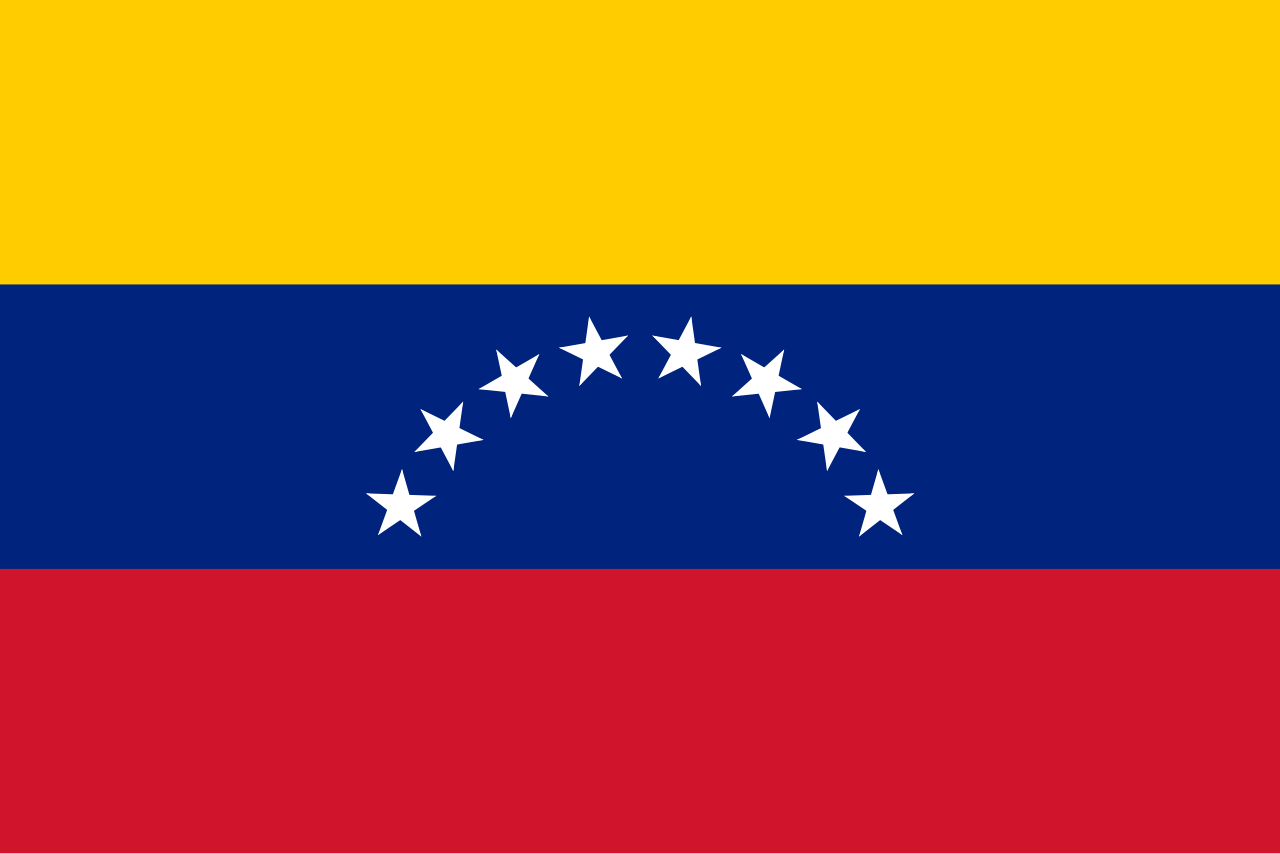The coup in Fiji is the latest sign of serious instability in the Pacific. From Timor Leste to Tonga, poverty has gone hand in hand with mounting political crises. New Zealand politicians talk about development and democracy but the bottom line is economic control.
There were two coups in Fiji in 1987 and an attempted coup in 2000. Fiji has been condemned by New Zealand and Australia and suspended from the Pacific Islands Forum and lost European subsidies for its sugar cane industries. Amnesty International has said the regime has created a climate of fear by media controls and attacks on the judiciary. The regime has said that it aims to hold elections by 2014 but only after it has established the framework for an electoral system that is not race-based.
Fiji’s main political divide is between Melanesian Fijians, many of whom live traditional tribal lifestyles, and Indian Fijians, who are descended from indentured plantation labourers. Traditional chiefs still hold significant authority as most land is still tribally owned but business and the professions are dominated by Indo-Fijians.
Earlier coups aimed to shore up the declining power of the chiefs by appealing to anti-Indian feeling. Bainimarama, by contrast, aims to bridge the ethnic divide and create a stable environment for business investment. The government he overthrew was ethno-nationalist and the immediate spark for the coup was a law that would extend tribal control of the seabed and foreshore, threatening the property rights of foreign-owned beachside hotels.
Like all Pacific Islands, Fiji is in a poor position economically, with an estimated 40 per cent of the population living in poverty. New Zealand and Australian may give aid, but the value of the market to Aussie and Kiwi exporters is worth a lot more. The New Zealand Pacific Business Council has been opposed to sanctions against Fiji for fear of losing a $500 million market to China or Korea. By contrast, Fiji exports only $39 million worth to New Zealand. Australian businesses have $2 billion worth of investments in Fiji.
Economic problems
The problems facing Fiji are serious. The international economic crisis is having a devastating impact, regardless of problems caused by the coup. In April, the World Socialist Web Site reported on the dire impact of a 20 per cent devaluation of the currency. Petrol and kerosene increased 20 percent in price overnight as did imported foods like rice, flour, powdered milk and tinned food.
“In a move estimated to cost 3000 jobs, all civil servants above the age of 55 will be made redundant—except for police and military officers. The government is the country’s biggest employer, with over 30,000 workers. The cuts are particularly severe in education, where 787 teachers have been forced into retirement.”
Strikebreakers: In 1920 British authorities in Fiji requested help in restoring order during a strike and riots by Indian laborers and sugar cane farmers. Prime Minister William Massey responded by sending 60 soldiers (pictured) as members of the New Zealand Expeditionary Force.
“Sugar, previously the largest industry, has already been halved in size and is now on the verge of collapse. Over 200,000 people depend on the sugar industry for their livelihood.”
“Another former major employer, the garment industry, has been almost eliminated, resulting in high female unemployment rates. Tourism, the biggest source of foreign exchange, is at 40 percent capacity.”
It is estimated forty per cent now live in poverty.
Bainimarama’s strategy is to build a multi-ethnic Fijian nation that is open to foreign investment. This is better than the ethno-nationalist rhetoric of earlier governments but he is doomed to fail – ethnic divisions cannot be eliminated by government decree and escaping from a subservient position in the world economy requires an international struggle against imperialism not openness to international finance.
Most people would reject the idea that New Zealand is an imperialist power but despite high-flown talk of democracy and development from Wellington and Canberra, control is the main game and Fiji, with a population of just under a million and a central location, is at the heart of the Pacific.
New Zealanders forget that as recently as 1970, Fiji was ruled by Britain, as were many Pacific islands. New Zealand’s sugar, processed mainly by the Chelsea sugar company, came from Fiji and New Zealand troops were sent to Fiji in 1920 to break a strike by cane workers.
Far from being neutral, the New Zealand ruling class has always aligned itself with Western imperialism – first Britain and later the United States. The Land Wars were scarcely over when the first NZ soldiers set off to back the Empire in South Africa. In the last few years, New Zealand troops have been deployed in Iraq, Afghanistan, East Timor, the Solomon Islands and Tonga.
That the Fijian regime has survived so long is due to the increasing power of the China and India in the Pacific. China in particular has increased its development assistance to Fiji considerably, and a Chinese company is building a major hydro-electricity project at Nadarivatu. Fiji is China’s second largest trade partner in the South Pacific (after Papua New Guinea) and the regime has openly courted China as a counterweight to Australia and New Zealand.
Socialist Pacific
Fijian workers and peasants are caught in the vice-grip of third world status – either as an ‘untouched’ tourist paradise or source of raw materials and cheap labour and the Fijian ruling class is tightly meshed in the web of international rivalries.
Economics is the driving force of New Zealand interest in Fiji, as it is of Chinese interest. If Bainimarama succeeds in throwing off Australian and New Zealand neo-colonial interference he will only replace it with subservience to China.
Workers and peasants in Fiji have to resist foreign control of their resources and country. The only way to do that is through unity, not only of Melanesian and Indo-Fijians, but also of all Pacific Islanders. Fiji’s military regime will never lead this resistance.
In New Zealand, we should oppose any foreign intervention by the New Zealand government because our foreign affairs are always dictated by the economic interests of business elites and conditioned by the racism of British colonial institutions. Foreign policy, unlike education or health policy, is not a tool that working people can influence in a positive direction.
If we want to help fight poverty in the Pacific Islands, we have to recognize that their economies are already thoroughly enmeshed into the New Zealand economy. Pasifika workers create profits for NZ bosses whether they are employed in Samoa or NZ and Pacific resources enrich NZ bosses just as mainland New Zealand resources do.
We should fight not just for the right of Pacific Islanders to access health, education and employment in New Zealand. The biggest threat to public health and education and good wages in New Zealand is not overseas workers but our own ruling class.
We advocate open borders and a socialist federation of Pacific states that openly acknowledges our economic interdependence and does not use the language of democracy to hide an exploitative status quo.









